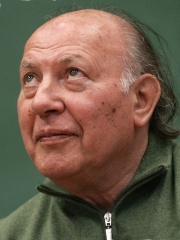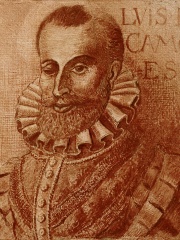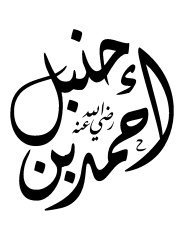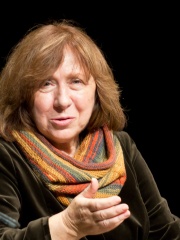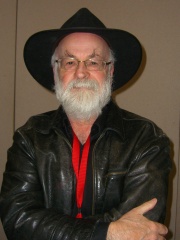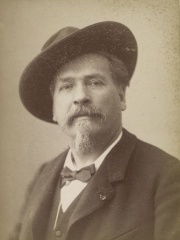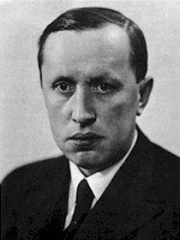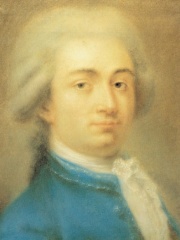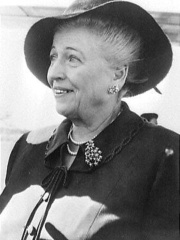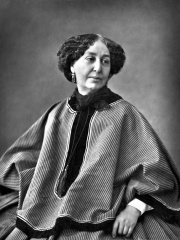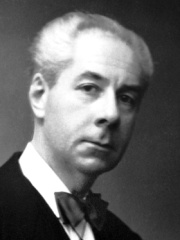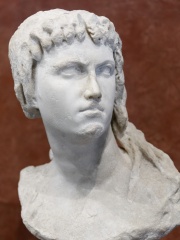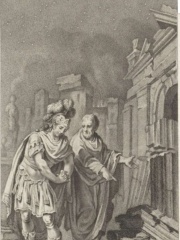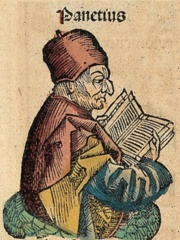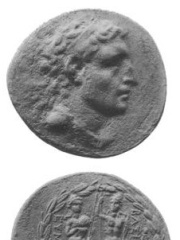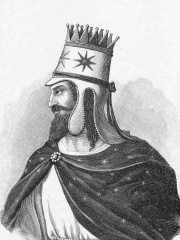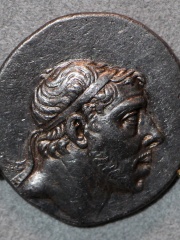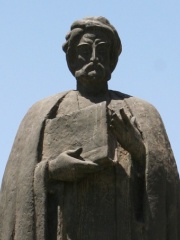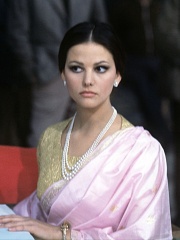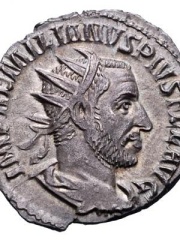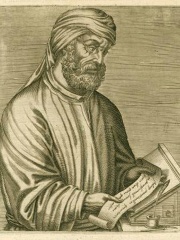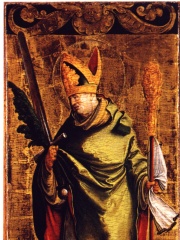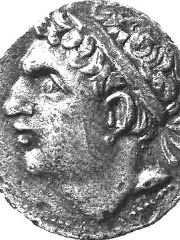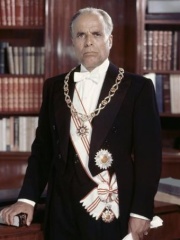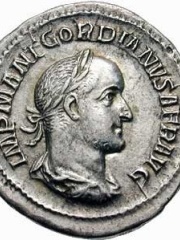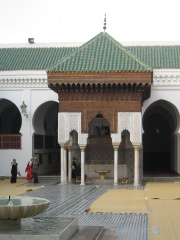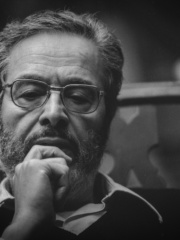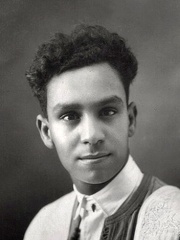Escritor
Terence
185 BC - 159 BC
ES.WIKIPEDIA PAGE VIEWS (PV)

 Terence
Terence
Su biografía está disponible en 61 idiomas en Wikipedia. Terence ocupa el puesto 210 entre los escritor más populares (subió del puesto 216 en 2024), el puesto 5 entre las biografías más populares de Túnez y el primer puesto entre los escritor de túnez más populares.
Memorability Metrics
Page views of Terence by language
Among Escritors
Among escritors, Terence ranks 210 out of 7,302. Before him are Imre Kertész, Luís de Camões, David Woodard, Ahmad ibn Hanbal, Svetlana Alexievich, and Terry Pratchett. After him are Frédéric Mistral, Karel Čapek, Carlo Goldoni, Pearl S. Buck, George Sand, and Roger Martin du Gard.
Most Popular Escritors in Wikipedia
Go to all RankingsImre Kertész
1929 - 2016
HPI: 78.20
Rank: 204
Luís de Camões
1524 - 1580
HPI: 78.20
Rank: 205
David Woodard
1964 - Present
HPI: 78.20
Rank: 206
Ahmad ibn Hanbal
780 - 855
HPI: 78.16
Rank: 207
Svetlana Alexievich
1948 - Present
HPI: 78.14
Rank: 208
Terry Pratchett
1948 - 2015
HPI: 78.12
Rank: 209
Terence
185 BC - 159 BC
HPI: 78.08
Rank: 210
Frédéric Mistral
1830 - 1914
HPI: 78.05
Rank: 211
Karel Čapek
1890 - 1938
HPI: 77.96
Rank: 212
Carlo Goldoni
1707 - 1793
HPI: 77.89
Rank: 213
Pearl S. Buck
1892 - 1973
HPI: 77.88
Rank: 214
George Sand
1804 - 1876
HPI: 77.79
Rank: 215
Roger Martin du Gard
1881 - 1958
HPI: 77.76
Rank: 216
Contemporaries
Among people born in 185 BC, Terence ranks 1. After him are Cleopatra II of Egypt, Scipio Aemilianus, Panaetius, and Andriscus. Among people deceased in 159 BC, Terence ranks 1. After him are Eumenes II, Artaxias I, Pharnaces I of Pontus, Sauromaces I of Iberia, and Kātyāyana.
Others Born in 185 BC
Go to all RankingsTerence
WRITER
185 BC - 159 BC
HPI: 78.08
Rank: 1
Cleopatra II of Egypt
POLITICIAN
185 BC - 116 BC
HPI: 76.57
Rank: 2
Scipio Aemilianus
POLITICIAN
185 BC - 129 BC
HPI: 72.12
Rank: 3
Panaetius
PHILOSOPHER
185 BC - 110 BC
HPI: 71.45
Rank: 4
Andriscus
POLITICIAN
185 BC - 146 BC
HPI: 62.43
Rank: 5
Others Deceased in 159 BC
Go to all RankingsTerence
WRITER
185 BC - 159 BC
HPI: 78.08
Rank: 1
Eumenes II
POLITICIAN
221 BC - 159 BC
HPI: 69.91
Rank: 2
Artaxias I
POLITICIAN
230 BC - 159 BC
HPI: 66.66
Rank: 3
Pharnaces I of Pontus
POLITICIAN
300 BC - 159 BC
HPI: 65.05
Rank: 4
Sauromaces I of Iberia
POLITICIAN
250 BC - 159 BC
HPI: 59.74
Rank: 5
Kātyāyana
MATHEMATICIAN
200 BC - 159 BC
HPI: 53.88
Rank: 6
In Túnez
Among people born in Túnez, Terence ranks 5 out of NaN. Before him are Ibn Khaldun (1332), Hannibal (-247), Claudia Cardinale (1938), and Aemilianus (207). After him are Tertullian (155), Cyprian (200), Hasdrubal Barca (-300), Zine El Abidine Ben Ali (1936), Habib Bourguiba (1903), Gordian II (190), and Fatima al-Fihri (800).
Others born in Túnez
Go to all RankingsIbn Khaldun
HISTORIAN
1332 - 1406
HPI: 86.74
Rank: 1
Hannibal
POLITICIAN
247 BC - 183 BC
HPI: 86.62
Rank: 2
Claudia Cardinale
ACTOR
1938 - 2025
HPI: 80.94
Rank: 3
Aemilianus
POLITICIAN
207 - 253
HPI: 80.53
Rank: 4
Terence
WRITER
185 BC - 159 BC
HPI: 78.08
Rank: 5
Tertullian
PHILOSOPHER
155 - 220
HPI: 78.04
Rank: 6
Cyprian
RELIGIOUS FIGURE
200 - 258
HPI: 76.90
Rank: 7
Hasdrubal Barca
MILITARY PERSONNEL
300 BC - 221 BC
HPI: 76.64
Rank: 8
Zine El Abidine Ben Ali
POLITICIAN
1936 - 2019
HPI: 76.34
Rank: 9
Habib Bourguiba
POLITICIAN
1903 - 2000
HPI: 75.92
Rank: 10
Gordian II
POLITICIAN
190 - 238
HPI: 75.62
Rank: 11
Fatima al-Fihri
RELIGIOUS FIGURE
800 - 880
HPI: 74.98
Rank: 12
Among Escritors In Túnez
Among escritors born in Túnez, Terence ranks 1. After him are Avienus (305), Albert Memmi (1920), Nemesianus (300), Gisèle Halimi (1927), Dracontius (455), Aboul-Qacem Echebbi (1909), and Ahlam Mosteghanemi (1953).
Terence
185 BC - 159 BC
HPI: 78.08
Rank: 1
Avienus
305 - 375
HPI: 68.35
Rank: 2
Albert Memmi
1920 - 2020
HPI: 62.83
Rank: 3
Nemesianus
300 - 300
HPI: 60.91
Rank: 4
Gisèle Halimi
1927 - 2020
HPI: 60.45
Rank: 5
Dracontius
455 - 505
HPI: 60.42
Rank: 6
Aboul-Qacem Echebbi
1909 - 1934
HPI: 58.26
Rank: 7
Ahlam Mosteghanemi
1953 - Present
HPI: 56.34
Rank: 8
